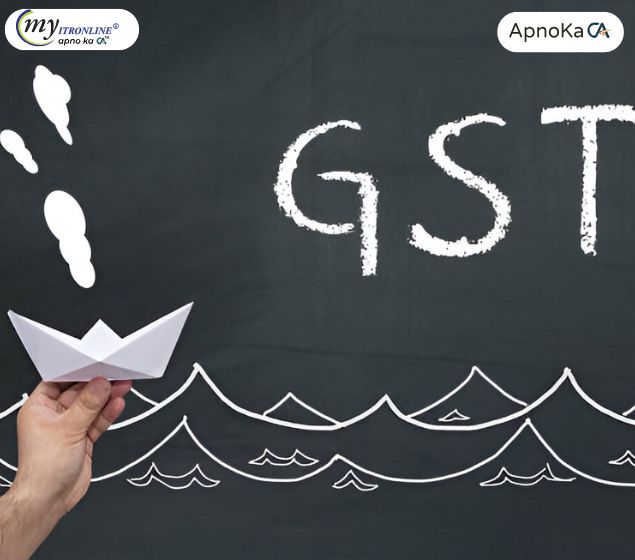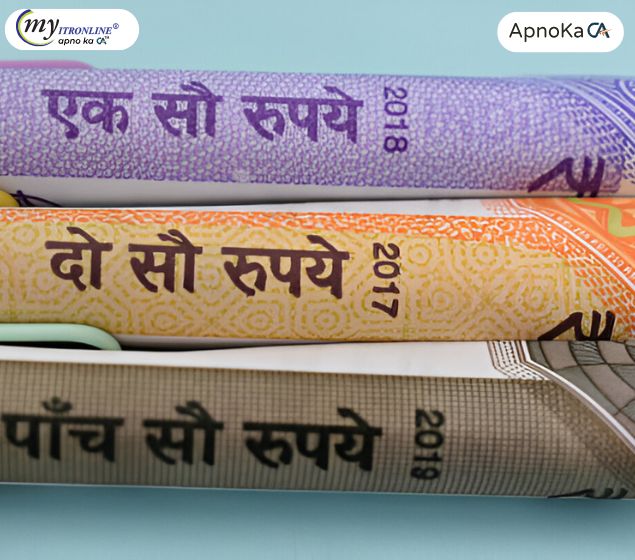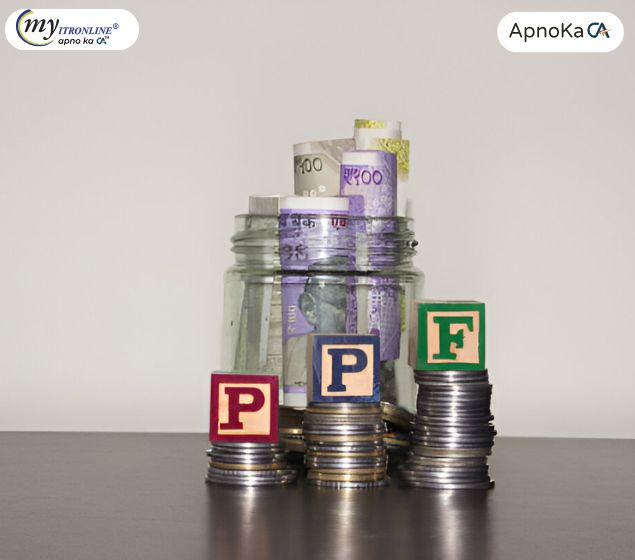# eco
12 posts in `eco` tag

States Push for Tough Steps to Stop Profiteering from GST Cuts
The GST Council is set to meet on September 3-4 to review GST 2.0 reforms. States want strict rules to prevent profiteering so that GST rate cuts actually benefit consumers. Key proposals include a temporary anti-profiteering law, consumer complaint platforms, and tighter monitoring of sensitive sectors. Businesses, however, warn about compliance costs and pricing disruptions.

CBDT Simplifies Tax Rules for IFSC Funds: A Major Win for Investors
This blog post breaks down the recent significant amendment made by the CBDT to Rule 21AIA of the Income Tax Rules. It details the removal of sub-rule (4), which previously imposed additional compliance burdens on "specified funds" like retail schemes and ETFs in the IFSC. The post explains how this change aligns tax laws with IFSCA regulations, effectively eliminating dual regulation. The primary impact is simplified compliance, reduced regulatory overlap, and a more attractive investment environment in India's IFSC, ultimately fostering growth in financial hubs like GIFT City.
.jpg)
Goodbye 1961, Hello 2025: India's New Income Tax Act Explained in Simple Terms
This blog post details India's landmark decision to replace the sixty-year-old Income-tax Act, 1961, with the new, simplified Income-tax Act, 2025, which will be effective from April 1, 2026. It breaks down the key changes in simple terms, explaining the reduction in legal complexity, the introduction of a unified "Tax Year," clearer definitions for digital assets, and the move towards faceless, technology-driven tax processes. The post highlights how these changes aim to create a more transparent, efficient, and taxpayer-friendly direct tax system for individuals and businesses across the country.
.jpg)
AY 2025-26 ITR Filings Cross 3.29 Crore; Over 1.13 Crore Already Processed
Despite the ITR filing deadline for AY 2025-26 being extended to September 15, over 3.29 crore returns have already been filed by mid-August, with 1.13 crore processed. This highlights growing tax compliance and the Income Tax Department's processing efficiency.

Easier Reporting: GSTR-7 and GSTR-8 Forms Get Updated!
This blog explains the significant updates to GSTR-7 (TDS) and GSTR-8 (TCS) forms, effective February 11, 2025, aimed at enhancing transaction data detail. It covers the 'why' behind these changes, the expected new reporting requirements (with a crucial note on the GSTR-7 invoice-wise reporting deferment), who is affected, and actionable steps for businesses to prepare for smoother GST compliance and reconciliation.

India's Tax Report: Why a Small Drop is Actually Good News
This blog analyzes India's direct tax collections for FY 2025-26 (as of June 19, 2025). While net collections show a slight dip, the detailed breakdown reveals robust gross collection growth and a significant increase in tax refunds, reflecting enhanced taxpayer services. Positive advance tax figures further signal underlying economic strength and optimistic future expectations, painting a picture of resilience rather than slowdown

How to Access Your PF When You're Unemployed: A Step-by-Step Guide.
This blog post serves as a comprehensive yet easy-to-understand guide for individuals in India facing unemployment and considering Provident Fund (PF) withdrawal. It clearly outlines the two main withdrawal options based on the duration of unemployment (75% after 1 month, 100% after 2 months) and provides a step-by-step walkthrough of the online application process via the EPFO portal. The article meticulously details essential prerequisites like active UAN and updated KYC (Aadhaar, PAN, Bank) and critically explains the tax implications of PF withdrawals, especially for those with less than five years of continuous service. It also covers common reasons for claim rejections and explores alternative financial strategies to consider before tapping into PF. The tone is empathetic and supportive, aiming to empower readers with the knowledge needed to manage their finances during a challenging period.

Big Win for Indian Startups: 187 Approved for Tax Exemption Under Revised 80-IAC
The DPIIT has approved 187 startups for income tax exemption under the revised Section 80-IAC. This grants 100% tax deduction on profits for 3 years out of 10, under an updated framework with extended eligibility and a streamlined application process. This move boosts financial relief and growth for eligible Indian startups.

Official Clarification: UPI Transactions Above 2,000 Remain GST-Free
The Indian government affirms there is no GST on UPI transactions exceeding 2,000. This post clarifies that the confusion arose from NPCI's March 2023 introduction of interchange fees (up to 1.1%) specifically for merchant payments over ₹2,000 made via PPI wallets; this fee is not GST and isn't paid by customers. Standard bank-to-bank UPI remains free due to the MDR waiver. The government actively supports UPI growth through incentive schemes.

our Guide to the Income Tax Intimation Password (Section 143(1))
This guide explains the purpose of an Income Tax Intimation notice received under Section 143(1) after filing your ITR. It details why the document is password-protected and provides the precise password format: your PAN number in lowercase followed immediately by your Date of Birth in DDMMYYYY format. Learn the step-by-step process to open the encrypted PDF, understand the calculation comparison within, and know what actions to take based on whether it shows a refund, demand, or no change.

What's New in GST Registration? Breakdown of the April 2025 CBIC Circular
This blog post details the updated GST registration guidelines issued by the CBIC on April 17, 2025. It explains the challenges faced by businesses, outlines the typical solutions introduced (like risk-based approaches, standardized procedures, and clearer rules for verification), discusses the anticipated benefits such as faster processing and reduced compliance burden, and advises businesses on navigating the new regulations effectively. The goal is to clarify how these changes aim to simplify the process and reduce harassment, thereby improving the ease of doing business in India.

Understanding the Supreme Court’s Review of CGST Act Section 168A
The Supreme Court is reviewing the legality of CGST Act Section 168A, which allows deadline extensions for tax compliance. This blog delves into the implications for taxpayers, the legal challenges, and potential outcomes of this significant case.
